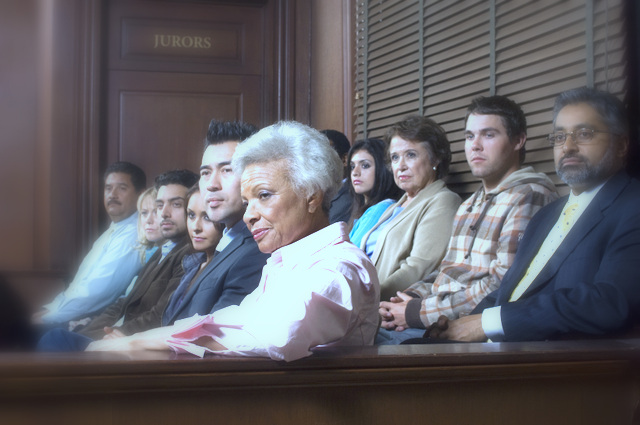Posted: June 17, 2024
Why Do Medical Malpractice Cases Go To Trial?
The vast majority of the medical malpractice cases we handle at my firm settle before they go to trial.
So what about the others? What makes medical malpractice cases go to trial instead of settling? There are a lot of reasons for that, but they can be distilled into three general categories.
In the first category are the cases in which one side or the other is being unreasonable and unrealistic. For example, a plaintiff who wants a million dollars for a car crash in which he received only a broken leg is going to have to try his case, because no insurance company is going to pay that to settle his case. Equally often, an insurance carrier offers to pay almost nothing for serious injuries, hoping that the plaintiff or his lawyer will be too afraid to take the case to trial, or will lose the trial because of an error. Juries see cases with either frivolous, unreasonable claims by plaintiffs or equally frivolous, unreasonable defenses by defendants every day—and sometimes they see both a frivolous claim and a frivolous defense in the same trial.
Almost every medical malpractice case I have handled in 35 years of malpractice litigation has involved settlement discussions. With few exceptions, the lawyers for the parties had a good understanding of the “market value” of the case, that is, whether the plaintiff was likely to win, and if so, what a jury would be likely to award. Part of the lawyer’s job is to advise the client on the settlement value of the case. Cases go to trial primarily because either my client or the other lawyer’s client doesn’t take our advice. That’s fine, of course: it is the client’s case, not mine, and if my client wants to take a chance on what a jury might decide, that is their choice.
Another type of case that goes to trial is the “matter of principle” case. If one side or the other believes totally in their position and is unwilling to compromise and unable to see the other side’s argument at all, the case is going to trial. Settlements obviously have to be agreed upon, and if one side or the other is unwilling to compromise, only a jury can resolve the dispute. This type of thing almost never happens in a car wreck case or a contract case because the issues are not that personal: very few people are going to feel personally humiliated, or that they have sold out their principles, by settling a case over whether a stop light was red or green at the time of an accident. Corporations arguing over which one of them owes shipping charges don’t worry much about whether anybody will be embarrassed: they worry about the bottom line. That isn’t true when a professional has been sued for malpractice, or where someone has been accused of ethical or moral misconduct, or where the case involves religious practices or racial discrimination. In those type of cases, while it may be economically reasonable to settle a case, it can often be emotionally impossible for a defendant to settle, or equally impossible for a plaintiff to accept a reasonable amount in settlement without getting to “tell their story” to a jury. Indeed, it sometimes happens that one side or the other does not care about money at all, and the only goal is to get a court judgment which says that they were right.
This can be a particular problem in medical malpractice cases, because all doctors have a clause in their insurance policies which precludes their insurance company from settling claims against the doctor unless the doctor consents to settle. I have had several medical malpractice cases over the years where the defendant doctor was so arrogant that they could not conceive of a situation where they would make a mistake--or just think that ordinary people have no business questioning a doctor at all.
The worst reason for a case to go to trial is because the parties to a case haven’t really thought about what they are doing until they have spent so much money in litigation that they feel they have to go ahead and finish the dispute in a trial. I think this is always the fault of the lawyers involved, who have a duty to sit down with their clients early on and discuss what the litigation is going to cost, and what results the clients can reasonably expect.





